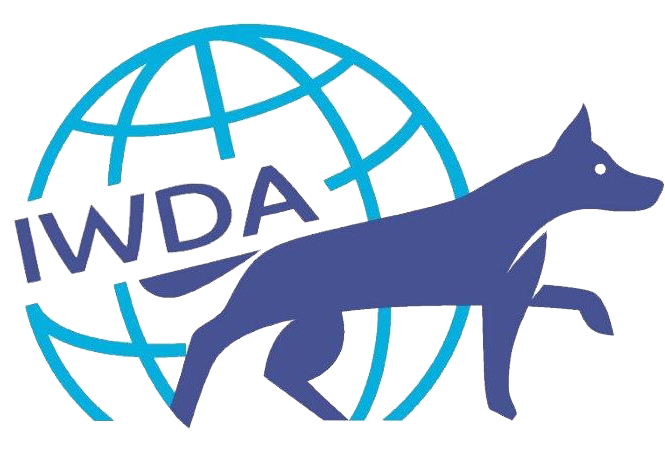During her talk at IWDC 2021 last October, Dr. Nicola Cotton, Veterinary and Reproduction Manager at Seeing Eye Dogs-Vision Australia, Kensington, Victoria, Australia, explained how her facility worked to control gastroenteritis in the usual 50 dogs she and her staff usually house.
The organization aims to utilize dogs with the required quality health and temperament to produce future generations of Seeing Eye Dogs. Their resulting pups spend the first eight weeks of their lives in the facility’s puppy center, after which a volunteer development trainer works with them for the next year before they are matched with a client.
But a major increase in gastroenteritis threatened to upset this carefully thought-out schedule several months ago. Cotton explains:
“In our situation, we have a lot of turn over, dogs coming in and dogs going out,” she said. “We also, after 2020, saw an increase in gastroenteritis in our kennels. This causes interruptions in training and stress to both our staff and our dogs.”
Cotton and her facility certainly are not alone in facing this this situation, as gastroenteritis is a common issue in kennel facilities all over the world. And, as Cotton and her group found out in their study, recognized test results don’t always give a cause for the underlying symptoms, which can be a challenge to manage.
Antibiotic treatment, Cotton’s study pointed out, is not always the best treatment for settling the uncomfortable stomach inflammation that can make dogs as miserable as humans with a stomach bug. Nor did isolation of symptomatic dogs cut down on the cases.
“We have two dogs in each kennel,” said Cotton. “One might have symptoms, the other might not. “In our testing, we found we had a lot of dogs who were asymptomatic with the disease.”
Seeing Eye Dogs analyzed fecal PCR test data from over 100 dogs, comparing the incidence of positive results in symptomatic vs. asymptomatic dogs, as well as comparing the prevalence of pathogens in the population across three years. This brought the facility to a revision of its management protocols for gastroenteritis in the kennel facility that were implemented, and outcomes reviewed against the incidence of gastroenteritis symptoms.
“We put a dog’s welfare first,” said Cotton. “Certainly, these are challenging times in keeping our ones healthy.”
Cotton’s organization is Internationally accredited, a member of the International Guide Dog Federation (IGDF) and Assistance Dogs International.
More information and Dr. Cotton’s IWDC address is available to our members at https://www.iwdba.org/iwdc-2021-program/
By Jed Weisberger
